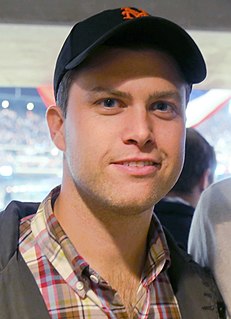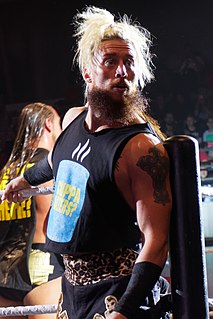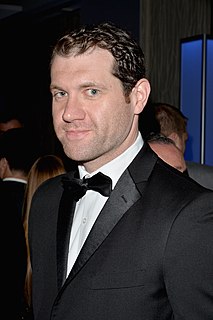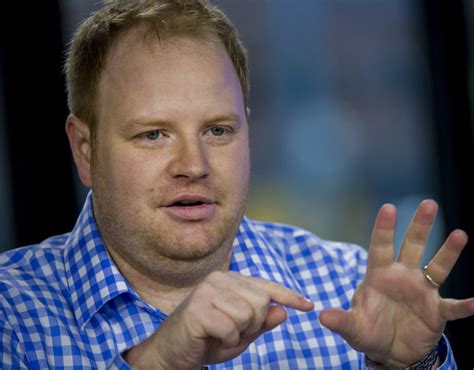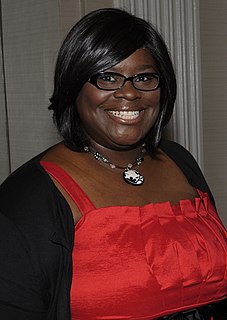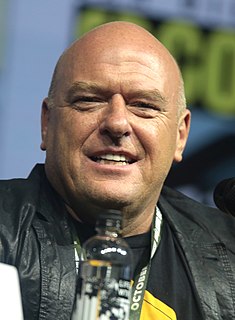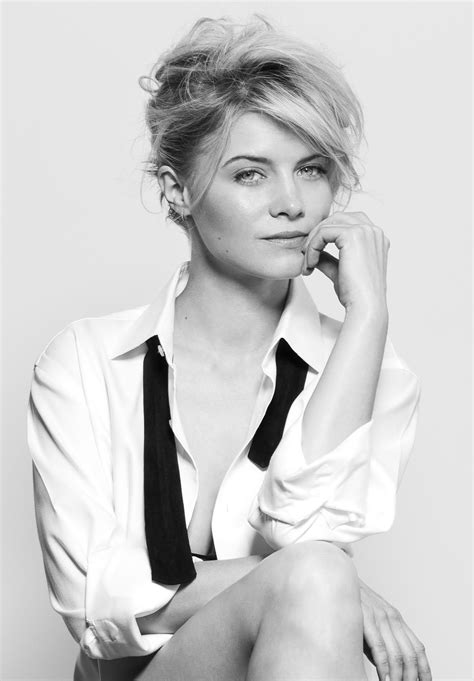A Quote by Alexandra Petri
I majored in extracurriculars, honestly. I joined the Harvard Stand Up Comedy Society, which is a ragtag band of misfits. I wrote for 'On Harvard Time,' which was a student TV show trying to be 'The Daily Show.' And I wrote a humor column for 'The Crimson' starting my sophomore year.
Related Quotes
I got a PhD from Harvard and a few years later, there was a girl from Sunderland who hadn't got into Oxford or Cambridge, even though she'd got perfect A-levels. Harvard asked me to come and recruit her because I was recruited out of university by Harvard - they were trying to show that people could make it.
In the stand-up comedy top, there's room for everyone - if you're good, there's room for everyone. You'll put on your own show - no one casts you. You cast your own show as a stand-up comedian. When you get good at stand-up comedy you book a theater and if people show up, people show up. If people don't show up, people don't show up. You don't have a director or a casting agent or anybody saying if you're good enough - the audience will decide.
I had a certificate that said, 'Doctor of Mixology, Harvard University,' that I actually got from Harvard University. A friend of mine was a research assistant over there and it was one of those student or university perks and she brought me in on that. So I am a doctorate from Harvard and it only took me one afternoon.
I wrote a letter to Harvard, explaining that I was having difficulty deciding between it and the University of Pennsylvania. Could I come and visit? Years later, the dean of students at Harvard told me that my letter had been posted in the dean’s office for the amusement of the staff. Thus did I learn the measure of institutional arrogance.


